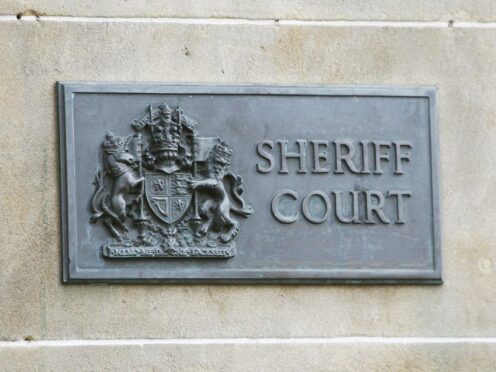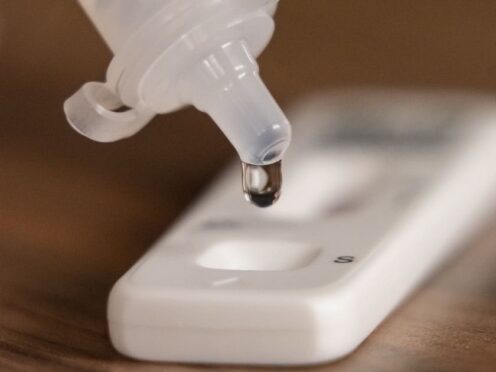New Hibs head coach Neil Lennon has spoken about his battle with depression, and also told how he tried to help young players struggling with mental health problems get “on the right road again”.
The former Celtic manager has given his backing to a campaign by the charity See Me that aims to reduce stigma around mental illness.
Lennon said he “didn’t tell anyone at first” after realising there was something wrong, but said when he did confide in fellow players they were “supportive” of him.
Lennon, who played for Northern Ireland and also managed Bolton, was speaking as See Me published figures showing less than half of Scottish workers (45%) think a colleague with mental health problems would be supported by trained managers at work.
The footballer is supporting the latest phase of the charity’s Power of Okay campaign, which aims to help people act if someone opens up to them.
He recalled: “I woke up one morning and I just knew there wasn’t something right with me. My thought process was different, I was feeling different, the main thing was the football, I just didn’t want to be there.
“I didn’t tell anyone at first, but I became paranoid because I knew I was acting differently, not engaging or laughing or communicating on the pitch. Which were all things I did before.
“It was obvious something was wrong. When I started to feel better I confided in one or two players and they said they knew something was wrong and were supportive although didn’t have a great understanding.”
Lennon, who was appointed to the Hibs role in June, also told how he tried to help when he noticed similar symptoms “in one or two players at the clubs that I have managed”.
He said: “I quietly get them into the office, I have a chat with them, speak to them about my own experiences with depression and said I could recognise what they were going through. I took them to see the club doctor and we spoke it through and got them on the right road again.”
He added: “People shouldn’t feel like they are on their own, because they’re not. There are plenty of people out there who will help you.
“In any walk of life, whether you’re an office manager, a bank manager, you’re the leader of a group of people at work or in any other walk of life, then it is good to be up to speed with mental health, and if you notice it quickly then you can get someone back on track a lot quicker.
“If you see someone struggling, rather than being worried about saying the wrong thing, just ask them if they are okay.”
Lisa Cohen, See Me’s national programme manager said: “We are calling for a change in culture in organisations so workers can speak openly if they need help with their mental health, without worrying about the consequences.
“To reduce stigma we all need to be comfortable asking each other ‘Are you okay?’, and open up conversations about how we really feel.
“However if someone says they are not okay, people are worried they won’t know how to help, or could even make things worse.
“With our new campaign we want to show that reassuring someone that you are there for them, that you care and they can speak to you in confidence, can make a huge difference.”









